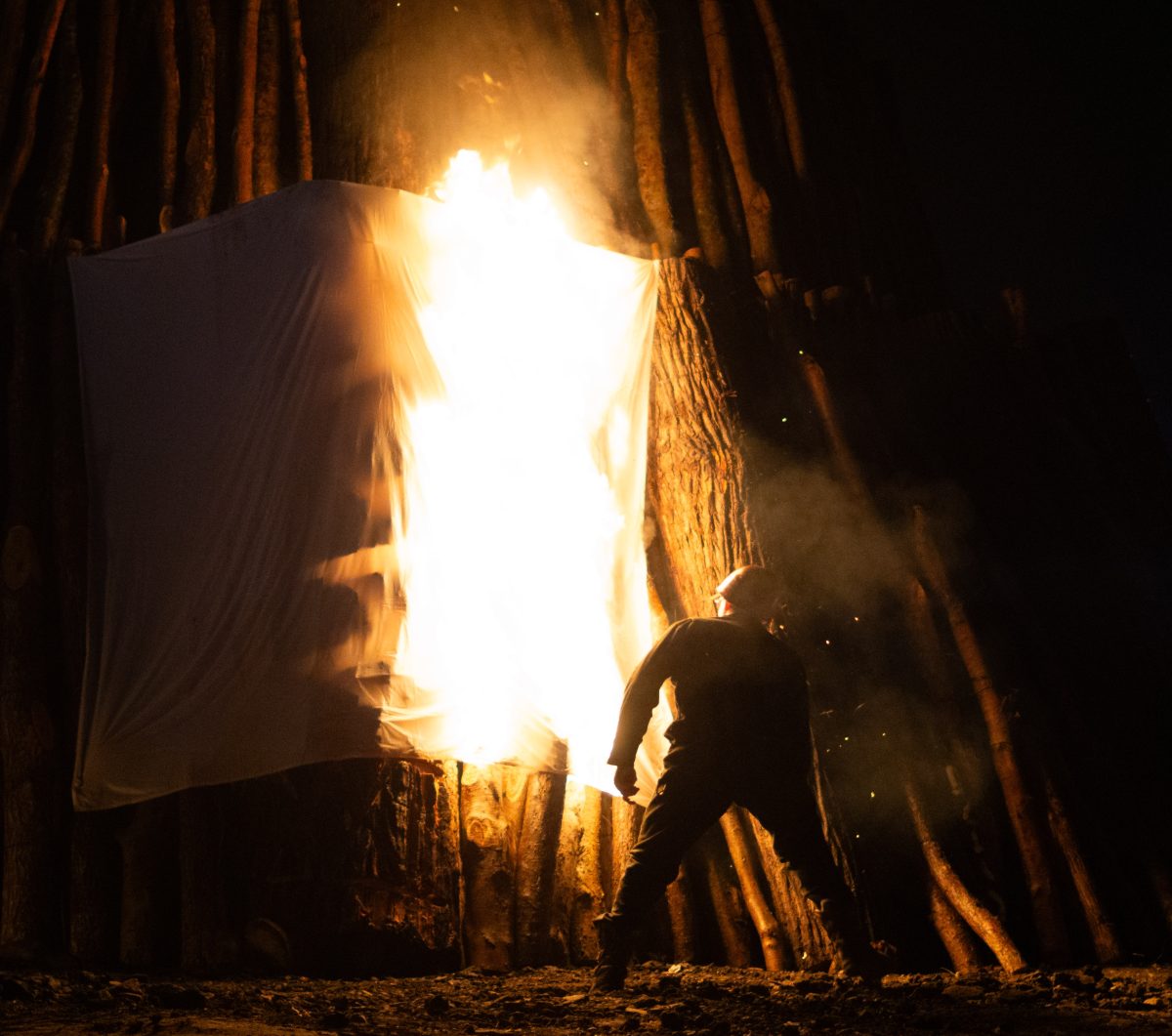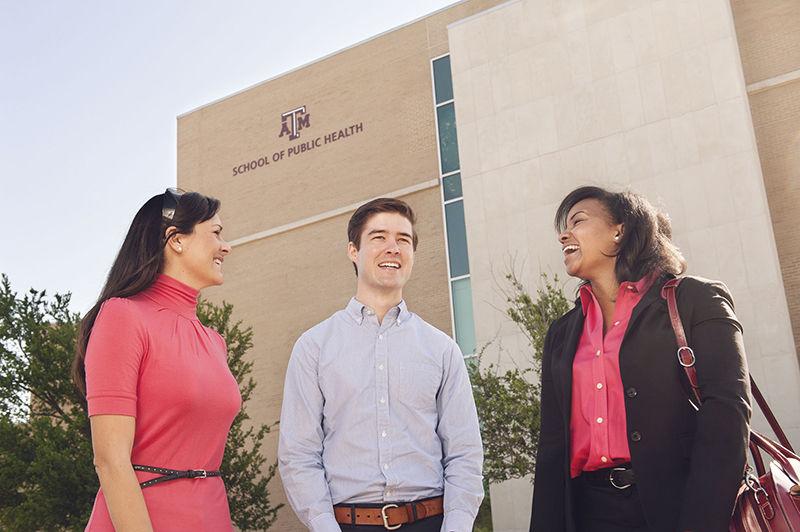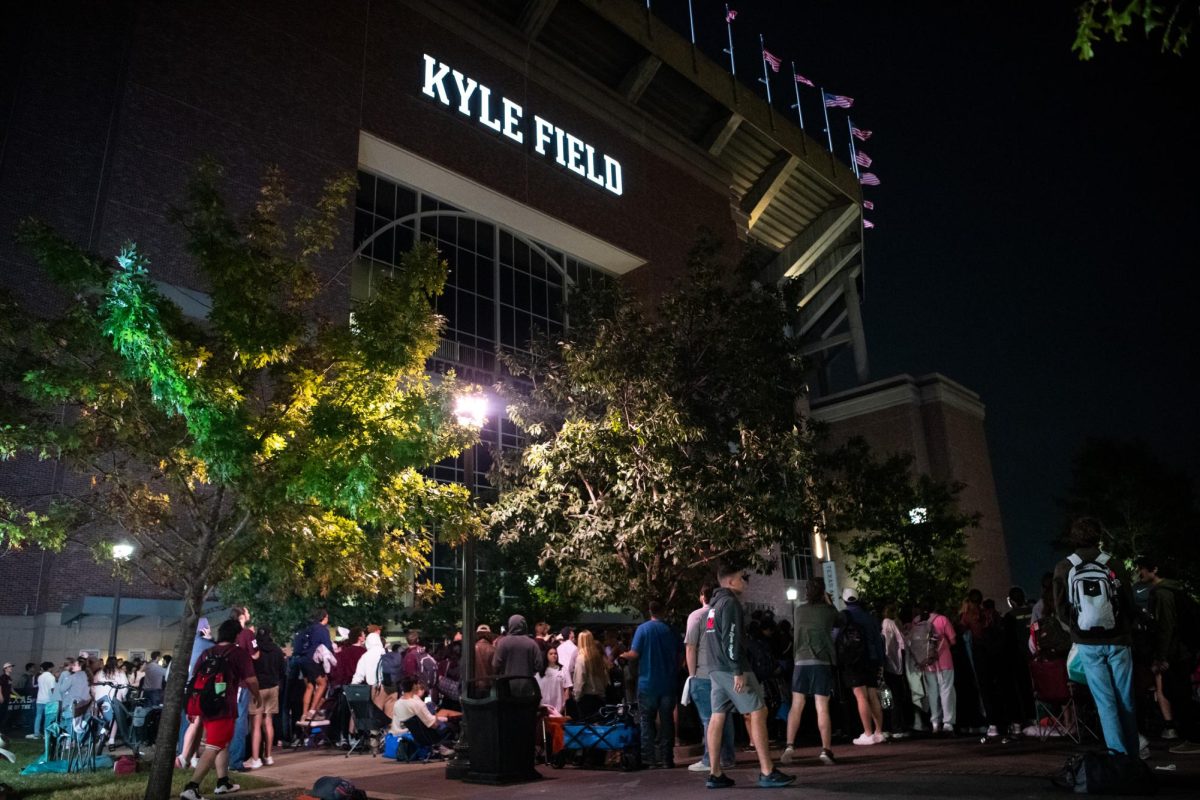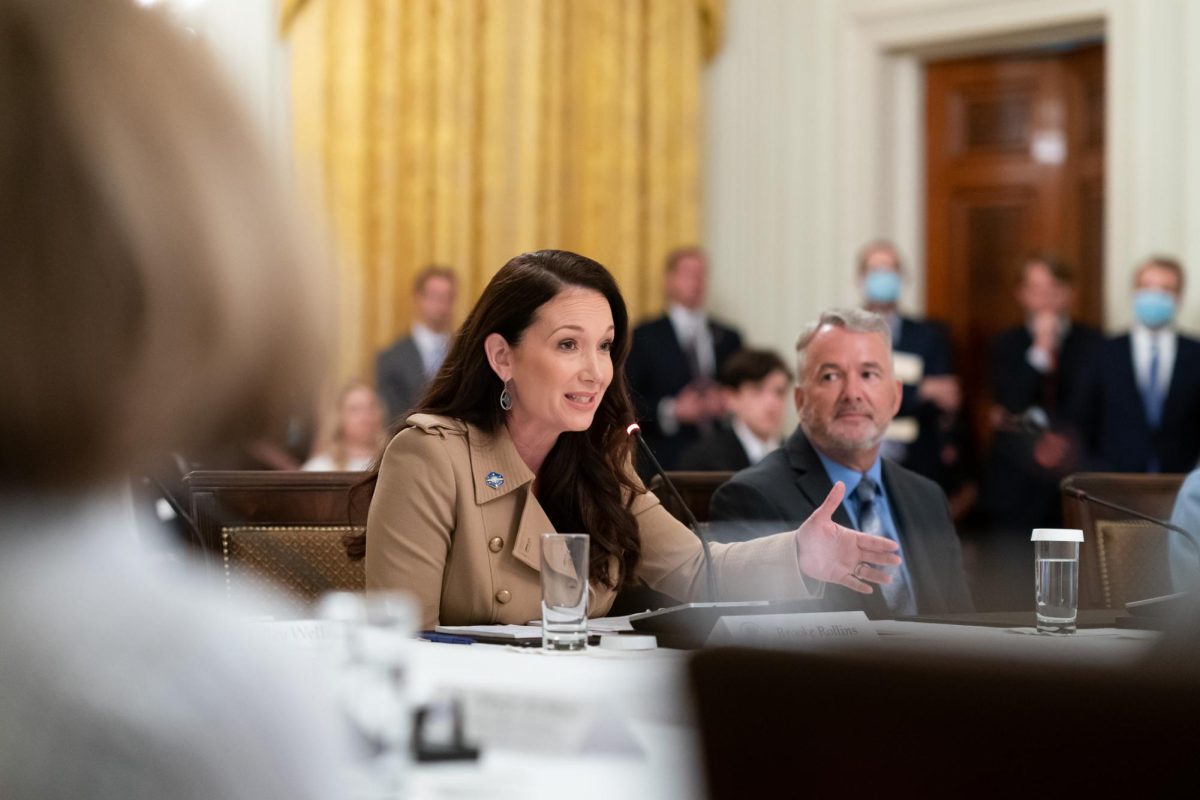One in 71 men in the U.S. will be raped at some point in their lives, according to the National Sexual Violence Resource Center (NSVRC). While starting a conversation about this issue can be difficult, experts and survivors emphasize the importance of bringing awareness to male sexual assault survivors.
The NSVRC reports 9 percent of rape and sexual assault survivors are male, and over half of male victims are abused by someone they know. While male sexual assault cases on campus are not reported very often, male sexual assault survivors deserve the same respect, attention and access to adequate resources as female survivors, according to Kristen Harrell, associate director for the Dean of Student Life.
Stephanie Brown, industrial and organizational psychology graduate student researching male sexual assault, said there are common misconceptions about male sexual assault which prevent open communication within a community.
“Men who are victims of sexual assault from other men — which is about 90 percent of male sexual assault — might fear being stereotyped as gay or as wanting such sexual contact,” Brown said. “That’s absolutely untrue. Sexual assault, for men and women, has very little to do with sexual desire and everything to do with power and the perpetrator exerting power over another person.”
Brown said the misconception that men and women sexually abuse others according to their sexual orientation should be reconsidered.
“Even the idea that a man who sexually assaults other men must be gay is wrong,” Brown said. “The majority of men who rape or assault other men identify as straight. However, if we hold this idea in our minds that men are supposed to be able to protect themselves or not freeze during an assault, we make it difficult for survivors to come forward and talk about the abuse they experience.”
Isaac Sabat, psychology assistant professor, said the majority of survivors are sexually assaulted by someone they know, making it difficult for some survivors to confront their attackers after the incident.
“They’re in shock that someone they know and trust would betray them like that,” Sabat said. “Even seemingly joking behavior between friends can be assault, and it’s always best to behave like you’re in an airport: ‘If you see something, say something.’ It’s a lot better to stand up and prevent an instance of sexual assault or harassment and find out you misread the situation than it is to let sexual assault take place right in front of you.”
Victor Villasana, English sophomore, said the image of masculinity within a community can affect which messages he and others are expected to display or keep in the dark.
“Men are portrayed as masculine people who protect and can handle themselves and therefore can stop this sort of act from occurring to them,” Villasana said. “For the men themselves, it’s pretty shameful to talk about as they feel that they have lost part of their own masculinity.”
Looking to the futures of students on Texas A&M’s campus and other places around the world, Brown said removing barriers to communication is the only way things can get better.
“It’s important to learn how to both recognize sexual assault and learn how to respond to such situations,” Brown said. “It’s better to intervene in something that you’ve mistaken for sexual assault than to not intervene in a real sexual assault situation. You might feel awkward for getting it wrong, but the awkwardness will fade. And really, it’s better than feeling ashamed for not preventing something worse.”
Stigma and silence
April 15, 2018
Photo by Photo by Cassie Stricker
Nine percent of sexual assault survivors are male, however, men do not always have the same resources that are available to women.
0
Donate to The Battalion
Your donation will support the student journalists of Texas A&M University - College Station. Your contribution will allow us to purchase equipment and cover our annual website hosting costs.
More to Discover









